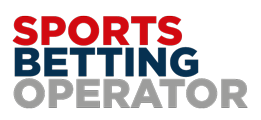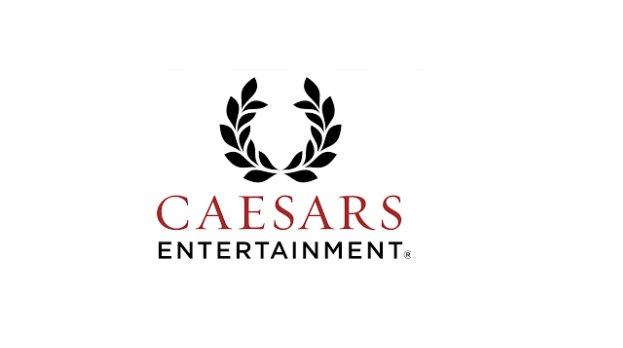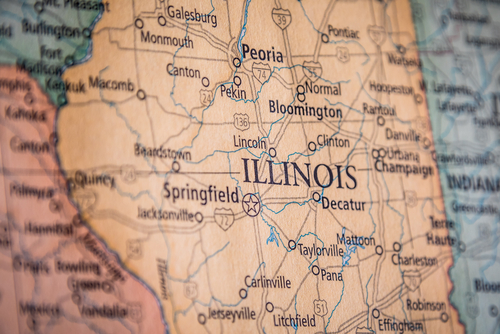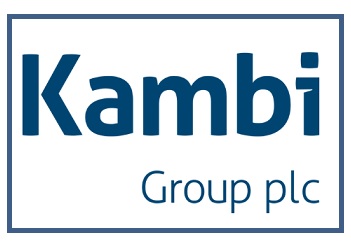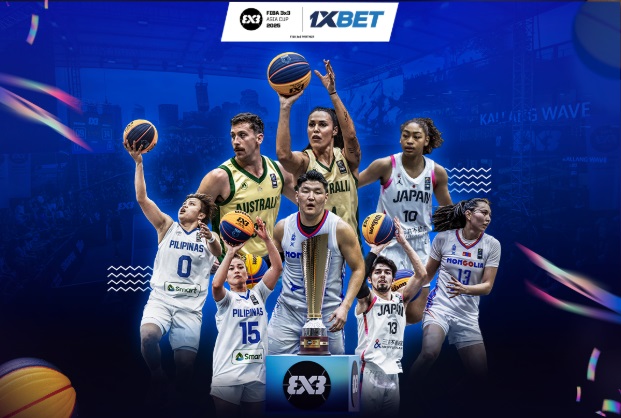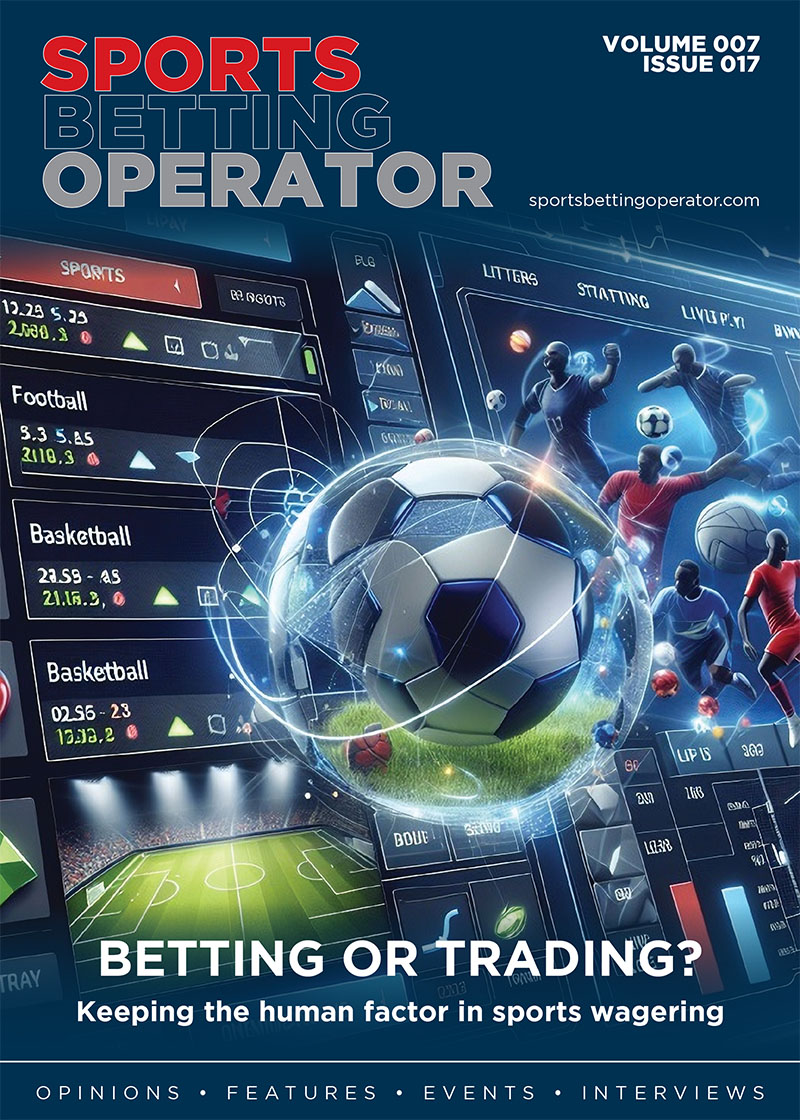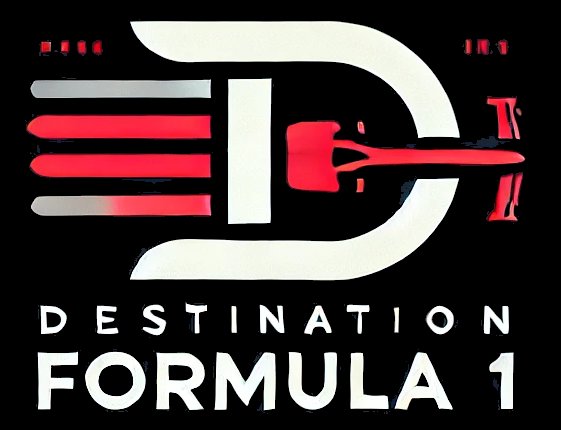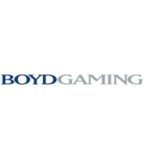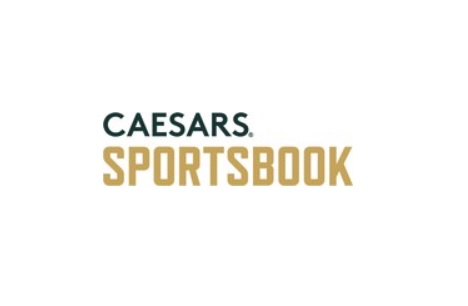With all three of the state’s legal sportsbooks now having already owned up to accepting bets on games that were not legally permitted, the Massachusetts Gaming Commission on Tuesday began to “set the goalposts” as to how it will handle this type of matter with the industry it newly oversees.
Legal sports betting has only been live in Massachusetts for two weeks and how the commission addresses these violations could set a standard going forward, including when mobile betting launches on March 10. The commission’s discussion Tuesday made clear that regulators expected to encounter violations in the early days of betting and that sportsbook operators are not 100 percent clear on the limits to legal wagers in the Bay State.
“This is an important first decision-making point on these matters. I think we recognized that we would probably have, almost immediately, issues with respect to non-compliance given this industry,” Chairwoman Cathy Judd-Stein said Tuesday.
The commission revealed last week that Plainridge Park Casino and Encore Boston Harbor accepted illegal bets — wagers on regular season college basketball games that involved Massachusetts schools — within the first few days of legal in-person betting. After a commissioner mentioned during Tuesday morning’s meeting that a third incident was soon to be under review, a commission official said that the latest involved bets that MGM Springfield accepted on two Harvard men’s basketball games on Feb. 3 and Feb. 4.
All were self-reported violations of the Massachusetts betting law that expressly prohibits betting on any game involving a Massachusetts-based school unless the game is part of a tournament with at least four teams.
Before the violations at MGM Springfield came to light during Tuesday’s meeting, the commission got additional details on the incidents at Plainridge Park and Encore.
Chief Enforcement Counsel Heather Hall said that Plainridge took bets on Feb. 2 from 11 a.m. until about 6:20 p.m. on a Merrimack College men’s basketball game against Long Island University after the sportsbook’s vendor Camby “mistakenly assigned the participant school state for Merrimack College as Florida instead of Massachusetts.” There were 33 bets placed on the game with a total of $6,848 put on the line. Bettors won $4,270 based on those wagers, Hall said.
Almost all of the bets on the Merrimack game were placed at Plainridge’s betting kiosks, but four were placed at the betting counter with a “writer” or teller. And it was one of those writers who flagged the issue for Plainridge management, Hall said.
On the same day, Encore had a Boston College women’s basketball game against Notre Dame available for betting from 12:45 p.m. until about 5:45 p.m. There was one wager placed on that game, as part of a five-game parlay with $70 wagered in total, Hall said. Encore realized its error before the ticket was cashed and voided the BC leg of that parlay wager, she said. The bettor won about $23 after the BC game was removed from the parlay.
Hall said the issue at Encore was that a vendor “mistakenly omitted the NCAA women’s basketball from the prohibited wagers list.”
Bruce Band, the Gaming Commission’s director of sports wagering, said later that MGM Springfield took bets on two Harvard men’s basketball games — the Feb. 3 contest against Yale and the Feb. 4 game against Brown. More details on those incidents are expected from the commission’s legal staff at a future meeting.
During their discussion, commissioners said they expected violations like these to occur and said they are mindful that the way they choose to handle these early ones will set an expectation of how they will handle similar cases in the future.
“We’ve had three of these now in a week and a half’s time. I don’t know what the volume is going to be, but certainly as we were reviewing operator applications we learned that these are relatively routine — and I’m not sure if we use the word routine — but they’re relatively routine matters,” Commissioner Nakisha Skinner said after the commission got information about similar violations in other states.
There was consensus among commissioners Tuesday to move towards an adjudicatory hearing at which the Investigations and Enforcement Bureau and operators can present information, and the commission could determine any penalties based on the information presented. Other options included having the commission determine in a regular public meeting whether to issue any penalty and then offer the operators the opportunity for an adjudicatory hearing, or having the IEB return with a recommendation that could either lead to an adjudicatory hearing or what would essentially be a settlement agreement with the operators.
Commissioners said they wanted to be as involved as they can be, particularly given how new the legal betting industry is in Massachusetts.
“The commission, this early on and as I said earlier in its infancy, needs to set the goalposts,” Commissioner Jordan Maynard said. He added, “I want to set the goalposts with my fellow commissioners early on, and then see how it’s working. And I know that’s going to create a little bit more work on the front end, both for the commissioners and for the IEB … but I think later on, it’s gonna be very beneficial to the entire organization.”
Judd-Stein asked the commission’s legal staff to coordinate with the IEB and the sportsbooks to “line up two dates in the near near future — not two months out, closer to two weeks” to hold adjudicatory hearings on the violations at Plainridge Park and Encore. The MGM matter seemed likely to be handled in the same way once commissioners get more information about it.
Another matter of business before the commission made clear Tuesday that there is not total clarity among the sportsbooks on what wagers are and are not allowed under Massachusetts law and commission regulations.
“The Sports Wagering Division has received questions regarding whether certain types of wagersmay be offered,” commission lawyers wrote in a memo to commissioners. “Specifically, questions have been received related to offerings for awards given to individual collegiate athletes, future bets on Massachusetts collegiate teams that have not yet qualified for a tournament, wagers on Massachusetts collegiate teams if the outcome of an event is decided via regular season results only, and associated issues related to the scope of permissible wagers.”
Lawyers presented commissioners with a draft FAQ document they plan to post online to answer questions that have come in.
For instance — can a sportsbook take wagers on a college team from Massachusetts winning the regular season title of its conference? No, commission lawyers said Tuesday.
Can a sportsbook take bets on a Massachusetts team in a game that will occur as part of the NCAA March Madness tournament before the Massachusetts team has qualified for the tournament? Again, commission lawyers said no. So a bettor will not be allowed to place a futures wager on a Massachusetts school to win the national championship at start of the season, but that bet would be allowed as soon as a Massachusetts school were to qualify for the NCAA tournament.
The commission also clarified in the FAQ document that wagers on awards to individual collegiate athletes, like the Heisman Trophy, Hobey Baker Award and Wooden Award, are not allowed. That is based on a line in the state’s sports betting law that says authorized wagers “shall not include the acceptance of any wager with an outcome dependent on the performance of an individual athlete in a collegiate sport or athletic event,” regardless of whether they play for a Massachusetts school.
Source: Sentinel & Enterprise
